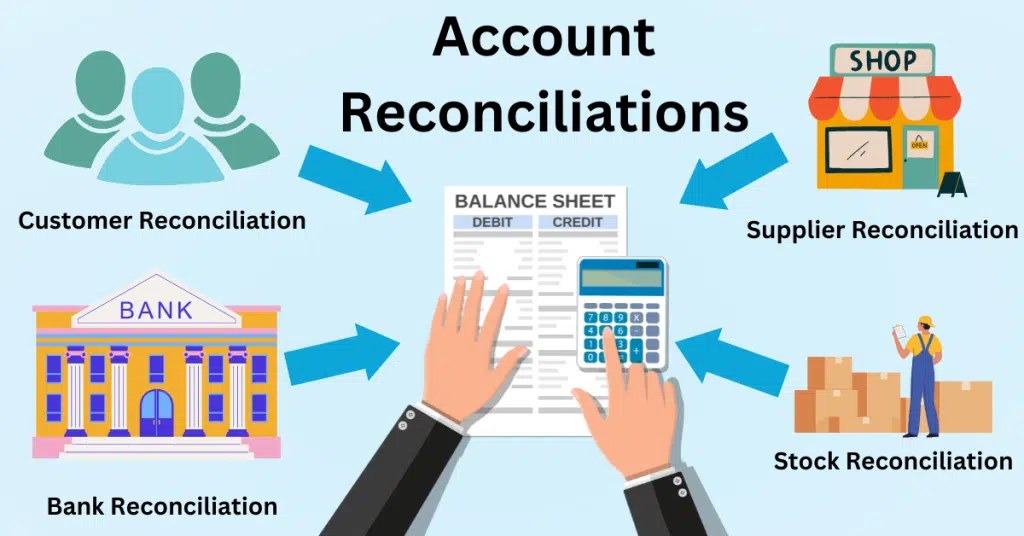Keeping your business finances in order is essential for maintaining stability and fostering growth. One of the most effective ways to achieve this is through regular account reconciliation. This process involves comparing your financial records to bank statements, credit card statements, and other external financial data to ensure accuracy and consistency. Below, we delve into the key benefits of reconciling accounts regularly and why it should be a cornerstone of your financial management strategy.
1. Ensures Accurate Financial Records
Errors can creep into your financial records through data entry mistakes, unrecorded transactions, or duplicate entries. Regular account reconciliation helps:
- Identify and correct discrepancies promptly.
- Maintain accurate and reliable financial records.
- Provide a true reflection of your business’s financial position.
2. Helps Identify Fraud and Unauthorized Transactions
Reconciling accounts regularly allows you to:
- Spot fraudulent activities, such as unauthorized withdrawals or charges.
- Detect errors from vendors or banks.
- Take swift action to mitigate potential financial losses.
3. Improves Cash Flow Management
Understanding your cash flow is crucial for running a successful business. Account reconciliation helps:
- Track cash inflows and outflows accurately.
- Avoid overdrafts and manage cash reserves effectively.
- Plan for upcoming expenses and investments with confidence.
4. Simplifies Tax Preparation
Accurate and reconciled records make tax season less stressful by:
- Ensuring all transactions are properly documented and accounted for.
- Reducing the risk of missing deductible expenses or reporting errors.
- Providing a clear audit trail in case of a tax audit.
5. Enhances Decision-Making
Clear and accurate financial data is the foundation of informed decision-making. Regular reconciliation:
- Ensures your financial reports are based on real, up-to-date information.
- Helps you identify trends, opportunities, and areas for improvement.
- Provides the confidence to make strategic decisions that drive growth.
6. Builds Trust with Stakeholders
Whether it’s investors, lenders, or employees, stakeholders value transparency and reliability. Regular reconciliation demonstrates:
- Your commitment to accurate financial management.
- A well-organized approach to handling business finances.
- Accountability and professionalism, fostering trust and confidence.
7. Prevents Costly Mistakes
Neglecting account reconciliation can lead to costly consequences, such as:
- Missed payments or unnoticed fees.
- Budgeting inaccuracies that affect financial stability.
- Compounded errors that become harder to resolve over time.
How to Reconcile Accounts Effectively
To maximize the benefits of account reconciliation:
- Schedule Regular Check-ins: Perform reconciliations weekly or monthly, depending on your business activity.
- Use Accounting Software: Tools like QuickBooks or Xero can automate much of the process and reduce errors.
- Keep Records Organized: Maintain all receipts, invoices, and financial documents in a structured system.
- Hire a Professional: If the process feels overwhelming, consider outsourcing to a bookkeeper or accountant.
Final Thoughts
Regular account reconciliation is more than just a financial housekeeping task; it’s a strategic tool for maintaining accuracy, preventing fraud, and ensuring your business’s financial health. By making it a regular practice, you’ll not only reduce stress but also empower your business to thrive.
At BOGS Bookkeeping, we specialize in helping businesses stay on top of their finances with accurate account reconciliation services. Contact us today to learn how we can support your business!

